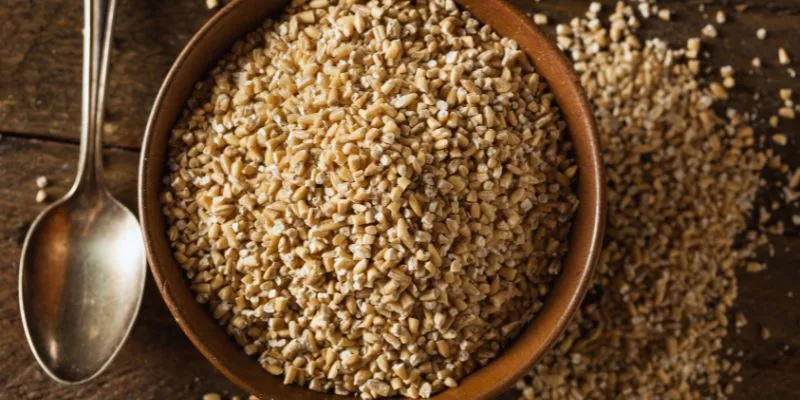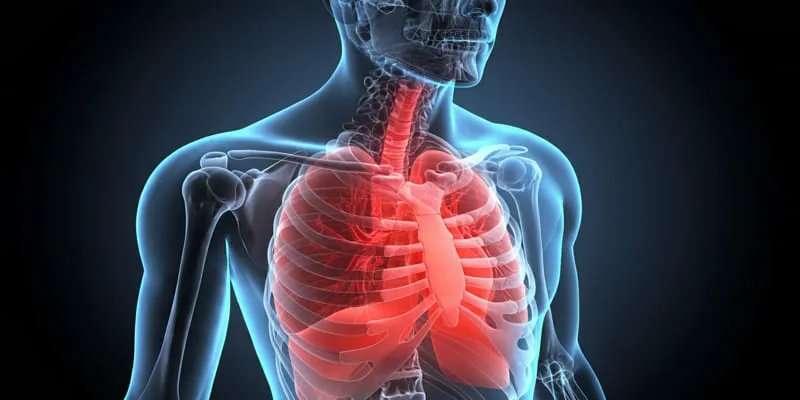A Timeline of Heart Health Improvements Through Weight Loss
The connection between weight loss and heart health is more than just a superficial link. Beyond simply lowering numbers on a scale, losing excess weight profoundly impacts your heart’s function and overall cardiovascular health. With heart disease being one of the leading causes of death worldwide, understanding how even modest weight loss can bring substantial improvements to heart health is crucial.
This article explores the timeline of changes that occur as you shed extra pounds, revealing how each stage contributes to a healthier heart and a longer life.
The Interplay Between Weight Loss and Heart Health
In recent years, understanding the connection between weight loss and heart health has gained much attention due to rising concerns about obesity and cardiovascular disease. Your heart, a vital organ, benefits significantly when you maintain a healthy weight.
However, the relationship goes beyond the numbers on the scale. This article delves into the journey of how shedding those extra pounds directly influences your cardiovascular health, outlining a timeline of the transformative effects that occur.
The Stages of Heart Health Transformation Through Weight Loss
Transforming heart health through weight loss is a journey that unfolds in stages, each contributing to better cardiovascular well-being and overall health.
Weight Loss and Heart Health: The Starting Point
The connection between weight loss and heart health is backed by research indicating that even modest weight reduction can have significant cardiovascular benefits. When excess weight burdens your body, it doesn’t just sit there passively.

It actively contributes to a range of factors that strain your heart, from high blood pressure and cholesterol levels to inflammation. Therefore, losing weight becomes more than just a cosmetic goal; it turns into a critical step in preventing or managing heart conditions like coronary artery disease, stroke, and heart failure.
Even as you embark on the initial steps toward weight loss, such as improving your diet and increasing physical activity, the heart already begins to reap the benefits. Reduced stress on the heart and arteries, lower inflammation levels, and improved blood flow are among the earliest positive changes.
The First Few Weeks: Rapid Improvements in Heart Health
In the first weeks after beginning a weight loss regimen, significant physiological changes occur that benefit your heart. As you start to burn more calories than you consume, the body undergoes a shift toward using stored fat as energy. This process not only leads to visible changes in weight but also alters several key markers of heart health.
One of the immediate benefits is a reduction in blood pressure. Losing just 5-10% of your body weight can lower systolic and diastolic blood pressure by several points, reducing the strain on your heart and arteries. Lower blood pressure also means your heart doesn’t have to work as hard to pump blood, making it less likely to suffer from hypertensive complications down the road.
Cholesterol levels are another area where changes are seen early on. Weight loss reduces bad cholesterol (LDL) while increasing good cholesterol (HDL), promoting healthier arteries. In tandem, inflammation markers like C-reactive protein (CRP), which are often elevated in people with obesity, start to decline. Inflammation is a known contributor to heart disease, and reducing it early on sets the stage for improved long-term heart health.
The Next Three to Six Months: Long-Term Heart Health Benefits
As you continue your journey toward sustained weight loss, more profound changes in cardiovascular health start taking shape. Consistent adherence to healthy eating habits, regular exercise, and stress management techniques stabilize blood pressure and cholesterol levels, but the real game-changer is how your heart’s overall function improves.
One major improvement is the enhanced efficiency of the cardiovascular system. Your heart begins to pump blood more effectively, requiring fewer beats to supply your body with the necessary oxygen. This not only helps improve your stamina and reduce fatigue but also lowers the risk of developing heart failure—a condition where the heart cannot pump efficiently.
Moreover, maintaining weight loss for several months leads to better blood sugar management. Stable blood glucose levels reduce the likelihood of developing type 2 diabetes, a condition that significantly increases the risk of heart disease. By improving insulin sensitivity through weight loss, you’re reducing one of the major risk factors that affect heart health.
One Year and Beyond: Solidifying Heart Health Improvements
When weight loss is maintained for a year or more, the improvements to heart health are not just sustained but often enhanced. By this point, lifestyle changes have become habits, and the benefits to your cardiovascular system are compounded.
One long-term advantage is the preservation of arterial elasticity. Over time, blood vessels can become stiff due to factors like high cholesterol, smoking, and obesity. However, sustained weight loss slows or even reverses arterial stiffening, making your arteries more flexible and better able to regulate blood pressure.
Weight loss also reduces the likelihood of atherosclerosis, the buildup of plaque within the arteries. Plaque can narrow blood vessels and lead to heart attacks or strokes. By maintaining a healthy weight, the likelihood of this dangerous buildup decreases significantly.
The Role of Consistency and Balance in Maintaining Heart Health
While the benefits of weight loss for heart health are well-documented, it’s important to highlight that the quality and sustainability of weight loss efforts matter. Extreme diets or exercise regimens that promise quick results often fail to provide long-term cardiovascular benefits and can even strain the heart. A balanced approach, including gradual weight loss through nutrient-dense foods, regular physical activity, and effective stress management, offers the best chance of preserving heart health over time.

Additionally, factors like sleep quality and mental health should not be overlooked. Chronic stress and poor sleep can undo much of the progress made through weight loss by keeping inflammation levels high and blood pressure elevated. Adopting a holistic approach to weight loss ensures that all aspects of your well-being are aligned with your goal of better heart health.
Conclusion
Understanding the connection between weight loss and heart health emphasizes that the benefits extend beyond mere aesthetics. From the first few weeks to long-term maintenance, every step in the weight loss journey contributes to a healthier cardiovascular system. Early changes like reduced blood pressure and improved cholesterol set the stage for more significant improvements, such as enhanced heart efficiency and reduced arterial stiffness over time.
Embracing a well-rounded approach to weight loss fosters sustainable heart health benefits, ensuring a longer, healthier life.










